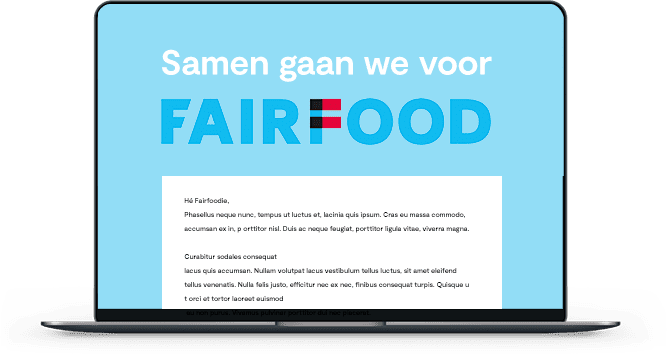Living Wage Lab session #9: purchasing practices
The Living Wage Lab is an almost two year old initiative of Hivos en Fairfood. The lab wants to help companies in the agri-food sector to find solutions for the payment of a living wage in their supply chains. Agri-food companies are often not able to solve the problem of low wages alone. That is why the LWL brings together representatives from government, trade unions, producers, retailers, NGOs, certification agencies and researchers in order to come up with solutions.
The Lab follows the approach of the ‘change lab’: a social innovation process in which stakeholders work together on a complex problem. Solutions are found in new technologies, new policy, new business models, and other forms of cooperation.
Last Thursday the partners came together for session #9. For this session Patrick Belser, Coordinator of the Wage Group at the International Labour Organisation (ILO) shared findings of a recently published study Purchasing practices and working conditions in global supply chains: Global Survey results which they carried out in collaboration with the joint Ethical Trading Initiatives (ETIs). 1454 suppliers from 87 countries participated in this survey, including suppliers from the agri-food sector.
The paper distinguishes five business practices that influence wages and working conditions: contract clauses; technical specifications; order placement & lead times; demands for social standards and last, the influence of market power on prices, which was particularly highlighted. One of the most valuable contributions of this global survey is that it shows the association between good buying practices and higher wages, demonstrating the importance of good buying practices.
Consequently participants did personal and group exercises to firstly think about what we could do individually to improve purchasing practises, and secondly what multiple stakeholders could do, and how the Living Wage Lab could facilitate this. One conclusion was that there is a lack of knowledge amongst Lab partners on how to improve methods. Practical insights on how to analyse your performance and good examples would be helpful to get started. It was also discussed that sustainability standards should apply to all parties in the supply chain (including retailers and traders), where they are now mostly being applied to suppliers.
The Living Wage Lab intends to organize a practical workshop on good buying practices next year, possibly in collaboration with The Ethical Trade Initiative.
Read more about the Living Wage Lab on the website.
